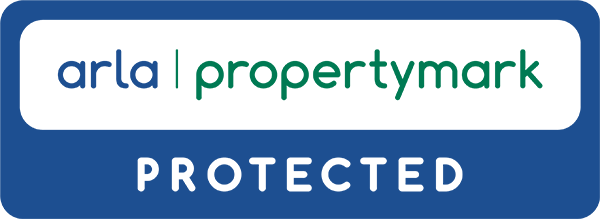How to serve a Section 13 notice to increase the rent
How to serve a Section 13 notice to formally and legally increase the rent on a rental property and other properties in your investment portfolio.
With the current cost-of-living crisis and costs increasing almost daily including food, energy and most importantly mortgages, as a landlord, you may find it necessary to increase the rent of your rental property or properties. Whether it's to keep up with these rising costs or to better reflect the current market value, you need to follow the proper procedure to ensure that you serve a Section 13 notice (or Section 13(2) notice to give it its full title) correctly.
A Section 13(2) notice is a legal document that landlords must serve on their tenants to inform them of a proposed rent increase. This notice must comply with specific rules and procedures outlined in the Housing Act 1988, as amended by the Housing Act 1996.
Before a landlord serves a Section 13(2) notice, they need to ensure that they have a valid reason for increasing the rent. This could be because the rental market has increased, or because the property's maintenance and repair costs have risen, for example.
The first step is to ensure that you provide your tenant with at least one month's notice of the proposed rent increase. This notice must be in writing and must contain specific information, including:
- The new rent amount
- The date from which the new rent will be payable
- The reason for the proposed rent increase
- A statement explaining the tenant's right to challenge the increase by applying to the First-tier Tribunal (Property Chamber) within 21 days of receiving the notice
It's important to note that you cannot increase the rent during the fixed-term tenancy agreement period unless there is a rent review clause in the contract. After the fixed term has ended, you can serve a Section 13(2) notice to increase the rent.
To serve the notice, you must send it to your tenant using a method that provides proof of delivery. This could be by recorded delivery or hand delivery with a signed receipt. You must also keep a copy of the notice and proof of delivery for your records.
If your tenant disputes the rent increase, they can apply to the First-tier Tribunal (Property Chamber) within 21 days of receiving the notice. The tribunal will review the notice and determine whether the proposed rent increase is 'reasonable'.
In summary, serving a Section 13(2) notice to increase the rent of a rented property in the UK requires you to follow specific rules and procedures outlined in the Housing Act 1988. It's essential to provide your tenant with at least one month's notice, including specific information in the notice, and to use a method that provides proof of delivery. If your tenant disputes the rent increase, they can apply to the First-tier Tribunal (Property Chamber) for a review.
If you need help with serving a Section 13(2) notice or are interested in our property management services, call 0161 511 5339 or contact us to speak to one of our lettings specialists.






